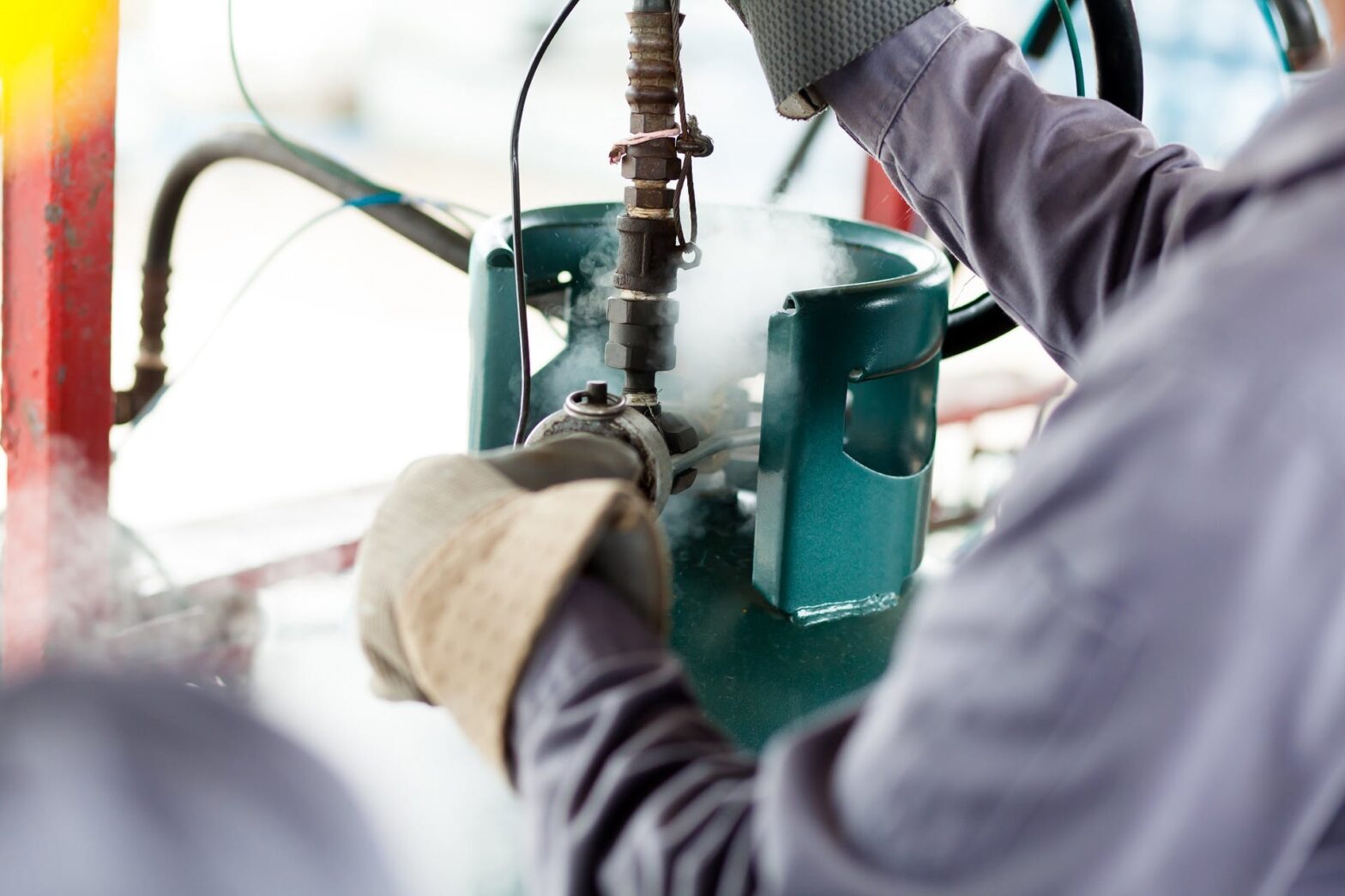Enhancing Compliance and Understanding in Propane Operations: Key Insights from Field Inspections

Numerous statements can be encountered during field inspections. These statements, often coming from dealers, trainers, and industry professionals in other states, shed light on important questions and concerns regarding compliance and violations.
Statement 1: “What makes you qualified to tell me I have to fix it?”
Inspectors, as authorized by the North Carolina General Statute and relevant regulations, hold the responsibility to schedule and conduct inspections, identify violations, and advocate for necessary corrections.
Similar inspection programs exist in other states. Inspectors undergo comprehensive training on the applicable laws, regulations, and industry standards such as the NFPA 58 LP gas code. The LP gas code, although not always user-friendly in language, offers guidance that is understandable by industry professionals. Inspectors play a crucial role in upholding safety standards, but it is ultimately the installer’s responsibility to ensure compliance during installations.
Statement 2: “When the inspector comes on my lot, he’s working for me.”
Inspectors maintain their independence and objectivity during inspections, operating independently of any business organization at the site. To carry out their duties effectively, inspectors should be able to conduct inspections without intimidation or harassment. Respectful adherence to site safety rules and biohazard instructions is expected from both inspectors and propane operators.
Statement 3: “I’ll fix it when it costs me something not to.”
This statement reflects a concerning lack of concern or understanding among some employees. In response to such attitudes, the legislature, supported by the state propane association, has enacted modifications to the LP gas law, increasing civil penalty amounts. Furthermore, automation of the violation notification process has been implemented, ensuring timely enforcement of corrective actions.
Statement 4: “The OPD will tell me when the cylinder is filled correctly.”
While the OPD (Overfill Protection Device) is designed to assist in ensuring proper cylinder filling, it is crucial to understand that it is a mechanical device that can fail. The NFPA 58 committee has explicitly stated that the OPD should not be relied upon solely as the primary method of determining when a cylinder is full. Operators must remain vigilant and employ additional measures to ensure accurate and safe filling procedures.
Statement 5: “The other inspector didn’t write it up. Why are you?”
Inspectors, like any professionals, have individual experiences and areas of focus. While training and consistency are emphasized, variations in inspection reports may occur. It is essential for operators to recognize that inconsistencies can arise and that adherence to regulations should not rely solely on previous inspection experiences.
Statement 6: “If I had known there would be a test, I would have paid attention.”
Every cylinder filling should be treated as a test, emphasizing the importance of diligence and attention to detail. Dispenser employees and operators should understand that each filling operation carries inherent responsibilities and potential risks that demand their utmost attention.
















